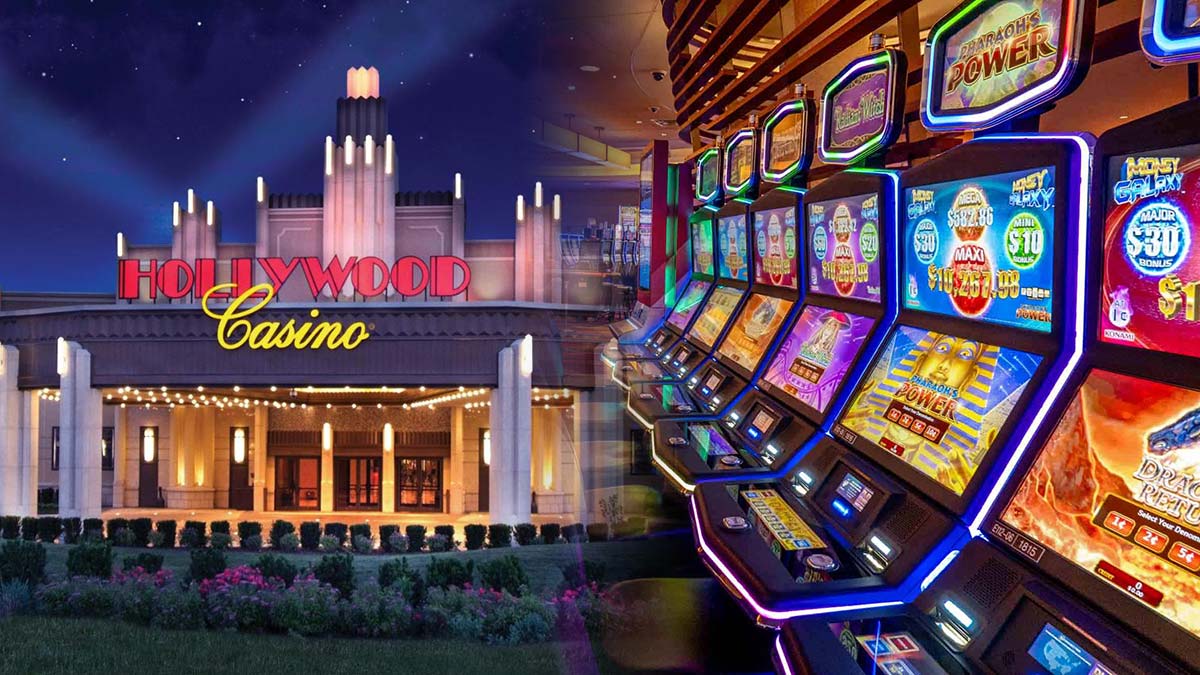Casino games have long been a staple in human culture, delivering not just entertainment but a captivating reflection of our hopes, ambitions, and anxieties. From the turning reels of a slot machine to the skill-based strategies of poker, these games encapsulate a variety of human feelings and incidents. At their core, casino games are not just a chance to earn cash; they are a snapshot of life itself, where danger and gain converge and fate can change in an eye blink.
As players assemble around tables or sit in front of brightly lit machines, they take part in a tradition that transcends mere betting. These games reflect our innate desires for connection, adventure, and the pursuit of luck. They also unveil deeper truths about human psychology, such as our relationship with fate and the thrill of uncertainty. In exploring casino games, we reveal not only the nuances of play but also the complex weave of the human story, showcasing our woven narratives of goal and reality.
The Mind Behind Gambling
Gambling is deeply rooted in the psyche of individuals, appealing to various feelings and desires. The thrill of risk-taking is a core aspect that attracts participants, be it it’s excitement of spinning a roulette or the excitement of drawing a winning hand in a poker game. This rush of adrenaline is often compared to other forms of thrill, as the uncertainty of outcomes triggers a distinct psychological response. Gamblers often find themselves captivated by the chance of striking it rich, leading to an almost magnetic draw toward gambling games.
Additionally, a crucial component of the psychology behind gambling is the concept of hope and ambition. Players often indulge in fantasies of financial freedom and the luxurious lifestyle that can follow winning. This hope fuels their ongoing participation in gambling, as it provides a sense of purpose and the belief that a life-changing win could be just one wager away. The narrative of beating the odds and finding success resonates with many, reinforcing their dedication to play and involve themselves with these games.
Finally, social aspects play a significant role in gambling psychology. Gambling venues are designed to foster social interaction, where gamblers gather to share the journey of wins and losses. This communal aspect not only enhances enjoyment but also affects behavior, as individuals often mimic the actions of others around them. The collective approval found in mutual thrill can enhance the emotional experience, making casino games a reflection of not just personal desires but also shared involvement within the gaming community.
## The Dual Nature of Risk and Reward
Gambling games embody the delicate balance between risk and gain that resonates profoundly with human nature. The rush of placing a wager is often accompanied by a rush of adrenaline, as participants are confronted with the possibility of a huge payout, yet conscious of the risk to lose. This bipartisan experience reflects a core aspect of life: the decisions we face often come with inherent risks, and the quest for benefit can drive us to take chances we might not otherwise consider. In this way, gambling activities echo real-world decisions, enticing gamblers to gamble not just their capital, but also their hopes.
The allure of big prizes and payouts fuels a sense of optimism, encouraging players to imagine a brighter future that could emerge from a lucky spin of the wheel or flip of a card. This optimism can drive individuals to engage in riskier behaviors, encouraging them to extend their limits in search of economic benefit. However, just as in life, the outcomes of these decisions can lead to both victory and failure. The stories of both big winners and those who have faced losses everything at the casino demonstrate the random nature of chance and its impactful impact on our lives.

Ultimately, the experience of engaging with gambling activities serves as a vivid illustration of the human condition. Every round played is loaded with the tension of uncertainty, as gamblers weigh the rewards against the dangers. This dynamic not only highlights the thrill that comes with gambling but also unveils the weaknesses that come with the desire for more. As we explore the challenges of decision-making and consequence in both the gambling world and in life, we find that the pursuit of risk and reward shapes our identities and experiences in profound ways.
Culture and Loneliness in Gambling Environment
Gambling environment is a distinct mix of social engagement and personal pursuit, reflecting the tensions of human experience. Players often come together around games, sharing in the excitement of the action, rejoicing in wins, and commiserating over losses. This social aspect is essential, as it creates a sense of belonging and camaraderie among varied groups of people. Regular visitors to casinos may build friendships and develop routines, turning the casino into a second home where they feel linked to a greater community of players.
However, the allure of casino activities can also result to loneliness. As individuals become immersed in the excitement of playing, they may isolate from personal relationships or fail to interact with the environment outside the gaming space. For some, the pursuit of a windfall can overshadow genuine connections, leading to isolation. https://f8bet80.one/ The experience of being surrounded others yet experiencing solitary is not uncommon, as the attention shifts from collective fun to the individual stakes of each individual’s journey. Nhà cái F8BET
This interaction of community and solitude creates a vivid mosaic that defines gaming atmosphere. It highlights the intricacy of human interactions, where joy and sorrow exist together. Gambling venues serve as both a refuge for social engagement and a platform for individual struggles, illustrating how intimately entwined our yearning for companionship and the personal quest for fortune can be. In navigating this environment, gamblers confront their own stories—seeking both the rush of the wager and the companionship of fellow players, ultimately reflecting the wider spectrum of individual experience.